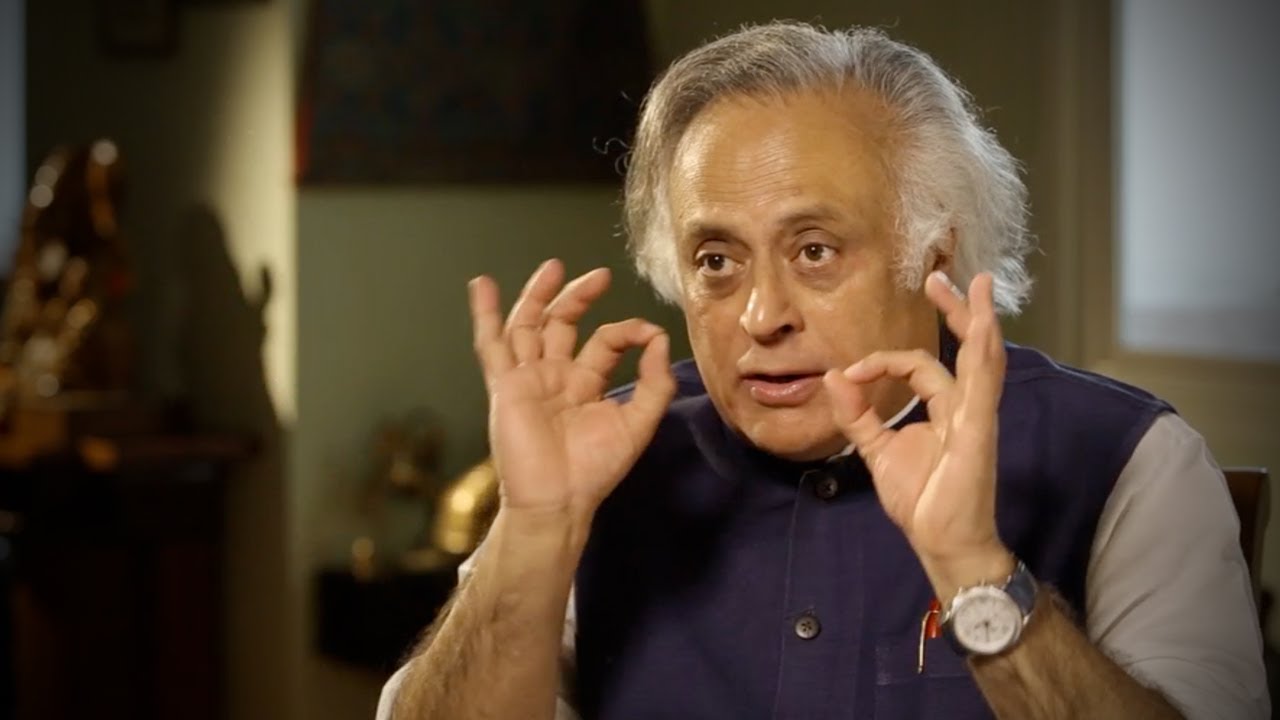
PM Modi only diverts and distracts: Congress reacts to UCC pitch

The Congress on Sunday (July 2) accused Prime Minister Narendra Modi of only divertiing and distracting to divert the attention away from the failures of his government. And that he works overtime to raise “divisive and polarising” issues.
This jibe from the Congress came after Modi had recently made a strong pitch for a Uniform Civil Code (UCC) ahead of next year’s general elections.
Talking to reporters, Congress general secretary Jairam Ramesh accused Modi of working overtime to raise such issues and not address the day-to-day concerns of the common man.
“The prime minister only diverts and distracts. The prime minister works overtime to raise divisive and polarising issues. He never tries to bring a consensus. He never addresses the real day-to-day concerns of people,” Ramesh told reporters.
“While Manipur is burning, China is sitting on Indian territory, people are struggling with rising prices and unemployment, the prime minister is on a different note,” the former Union minister said.
He further alleged that the PM is trying to raise such divisive and polarising issues only to divert the attention of people from the failures of his government.
Also read: A country cannot run on two laws: PM Modi bats for Uniform Civil Code
Congress approach on UCC
The Congress has been adopting a cautious approach on the UCC issue. The top leadership of the party discussed the issue at length at its strategy group meeting on Saturday. Insiders say the Opposition party is hoping that the debate on the issue will settle soon.
The Congress has said there is no change in its stand on the issue, as enumerated in its June 15 statement, where it questioned the law commission for changing its stand on a UCC by inviting fresh public opinion.
Ramesh said since there has been no significant development in the matter in the last 15 days, the party has nothing to add to it as of now. “We issued a statement on June 15. There has been no change in our stand on a UCC,” he added.
“When there is a draft and a discussion, we will participate and examine what is proposed. As of now, all we have is a law commission public notice for responses. The Congress reiterates the statement as nothing new has happened,” he said.
The Congress had alleged that the law commission’s latest attempt to seek fresh public opinion on a UCC represents the Modi government’s desperation for continuing with its agenda of polarisation and diversion from its failures.
Ramesh had earlier said the law commission’s attempt to seek fresh public opinion on the issue shows the government’s desperation for continuing with its polarisation agenda.
He had also said it is strange that the law commission is seeking a fresh reference when it acknowledges that its predecessor, the 21st Law Commission, had published a consultation paper on the subject in August 2018.
Also read: Right time to bring UCC, Opposition should refrain from communal politics: Naqvi
Ramesh said no reasons have been given by the commission on why the subject is being revisited except for vague references to “the relevance and importance of the subject and also, various court orders”.
What the 21st Law Commission has to say
“The real reason is that the 21st Law Commission, after carrying out a detailed and comprehensive review of the subject, observed that it is neither necessary nor desirable at this stage to have a Uniform Civil Code.
“This latest attempt represents the Modi government’s desperation for a legitimate justification for its continuing agenda of polarisation and diversion from its glaring failures,” he said.
The Congress leader said in a press note on June 14, the 22nd Law Commission of India notified its intention to examine various aspects of a UCC. This was being done, the press note clarified, on a reference sent by the ministry of law and justice, Ramesh pointed out.
He also cited what the 21st Law Commission, appointed by the Modi government itself, had said in its report that “this commission has therefore dealt with laws that are discriminatory rather than providing a uniform civil code, which is neither necessary nor desirable at this stage”.
(With inputs from agencies)


